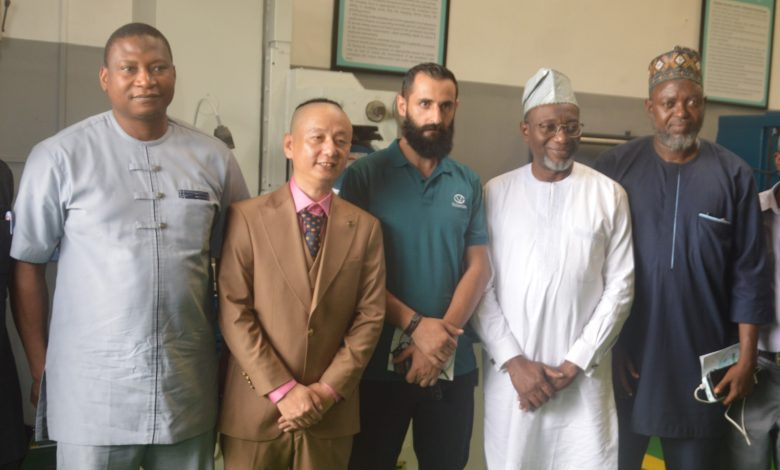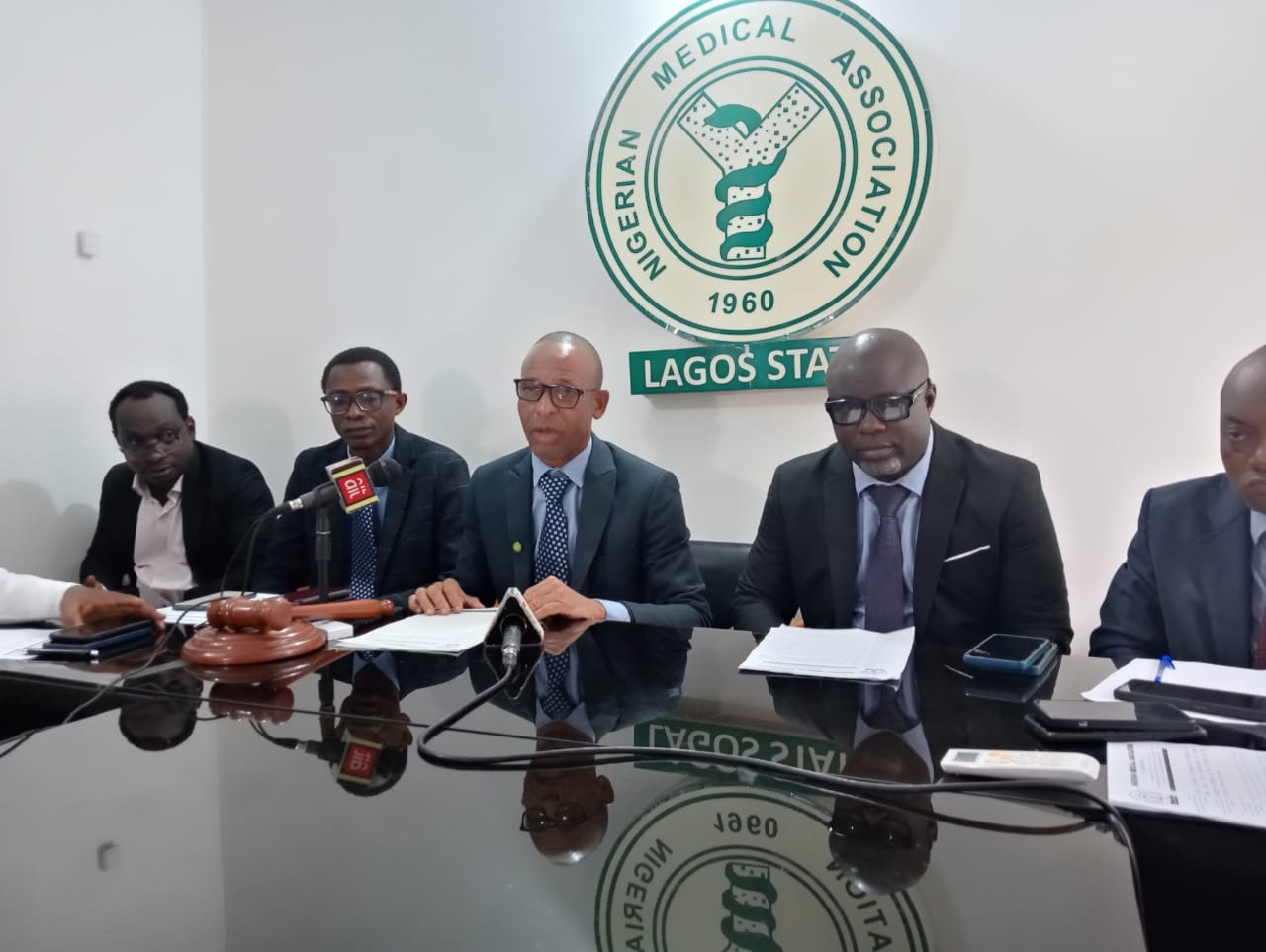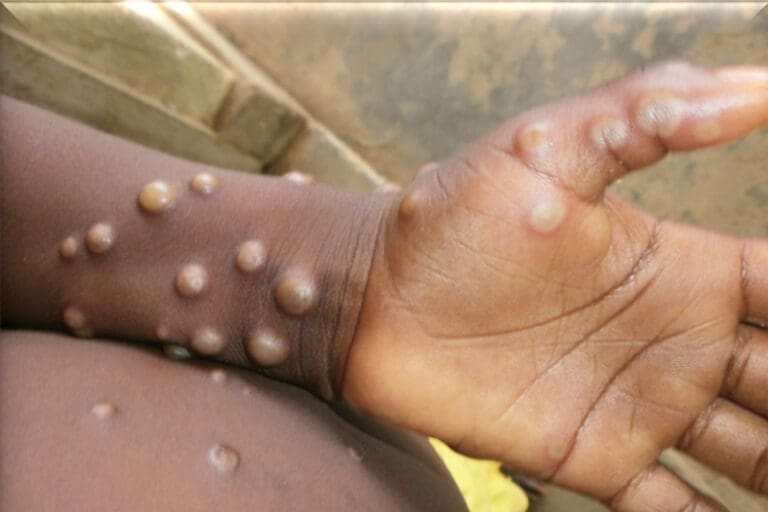The global migration conversation is evolving rapidly, and nowhere is this more evident than in North America, where both the United States and Canada continue to experience high levels of immigration. Amid debates over borders, economic opportunities, and social integration, the question of how migrants access information has become increasingly important.
Information access is not just about connecting to the internet or reading job postings—it’s about understanding the deeper, often invisible challenges that immigrants face when they settle in new countries. For African immigrants in particular, these barriers are magnified by layers of intersectional issues, from race and language to identity and social networks.
Millicent Mabi, a scholar who obtained her PhD from the University of British Columbia, Canada and completed a Post doctorate at the University of Illinois Urbana Champaign, USA is at the forefront of this conversation. Her work sheds critical light on how immigrants, particularly African immigrants in Canada, experience what she calls “information inequity.”
Through her research, Mabi challenges traditional frameworks of information poverty and provides a more nuanced perspective on the hurdles that skilled immigrants encounter in their job searches and settlement processes.
In her recent paper, “Questioning the Role of Information Poverty in Immigrant Employment Acquisition: Empirical Evidence from African Immigrants in Canada”, Millicent interrogates how information access—or the lack thereof—affects employment outcomes for African immigrants in Metro Vancouver.
By reframing the issue from one of mere “information poverty” to “information inequity,” Mabi highlights how the intersection of race, immigration status, and identity complicates the immigrant experience in ways that existing frameworks fail to capture.
But why does this matter beyond Canada? As the world grapples with the increasing movement of people across borders, Millicent’s findings provide invaluable lessons for policymakers, employers, and institutions in North America, the U.S., and beyond. They illuminate the structural challenges African immigrants face, not only in accessing employment but also in navigating the broader social fabric of their new communities.
The shifting information landscape post-migration
For many African immigrants, the journey to North America is one filled with optimism and high expectations. Most arrive well-educated, with significant professional experience, and with the hope of better economic opportunities. Yet, as Millicent’s research shows, the reality they encounter is far from straightforward.
In Canada, African immigrants often find that their pre-existing strategies for seeking information—whether it’s job-related or otherwise—are no longer effective in their new environment. The information landscape post-migration is complex, filled with unfamiliar jargon, hidden job opportunities, and outdated or irrelevant information. A typical job posting, for instance, might appear to require senior-level responsibilities, only for the immigrant to discover later that it offers entry-level pay. This disconnect results in missed opportunities and prolonged periods of underemployment.
Moreover, as Millicent argues, the problem isn’t just access to technology or information. Many immigrants have access to the internet and mobile devices, but these tools are insufficient without the social networks and cultural understanding necessary to make sense of available information. The U.S. faces similar issues. As the country continues to attract skilled migrants from around the world, it becomes increasingly important to understand how their pre-existing information practices must adapt to a new and often opaque system.
The role of social capital in employment information
A key finding in Millicent’s research is the importance of social capital—defined as the connections, networks, and relationships that facilitate information exchange. For African immigrants, especially those who are new to Canada or the U.S., these networks are often weak or nonexistent. Without strong social connections, immigrants struggle to gain access to the most valuable forms of information, such as job referrals or inside knowledge about employment sectors.
The reliance on formal channels, such as job boards and online listings, does little to fill this gap. In fact, it often exacerbates the problem by overwhelming immigrants with vast amounts of irrelevant or outdated information. As one participant in Millicent’s study noted, navigating Canadian job postings without any local contacts felt like searching for a needle in a haystack.
This issue is not unique to Canada. In the U.S., African immigrants often face similar barriers, particularly in industries that prioritize networking and referrals over formal applications. The solution, as Millicent suggests, lies in creating more inclusive information ecosystems that recognize the importance of social capital in immigrant integration.
Intersectionality and Information Access
One of the most groundbreaking aspects of Millicent’s work is on intersectionality—the idea that multiple aspects of an individual’s identity (such as race, gender, immigration status) intersect to shape their experiences in unique ways. Traditional information poverty frameworks, which assume a one-size-fits-all approach to information access, fail to account for these intersecting factors.
For African immigrants, the intersection of race and immigration status presents unique challenges. In her research, Millicent found that Black African immigrants often experience discrimination in their job searches, not only because of their foreign qualifications but also due to their racial identity. Participants in her study reported instances where they were denied opportunities or faced skepticism about their skills, simply because of the way they looked or spoke.
In the U.S., where conversations about race and immigration are more polarized than ever, Millicent’s findings offer a critical lens through which to view these debates. Immigration policies and support systems must account for the fact that not all immigrants experience the same barriers, and that solutions must be tailored to address the specific challenges faced by racial minorities.
From information poverty to information equity
Perhaps the most significant contribution of Millicent’s research is her proposal to shift from a focus on “information poverty” to “information equity.” The term “information poverty” implies that immigrants are simply lacking something, whether it be access to technology or the ability to navigate information systems. But as Millicent’s research shows, many African immigrants are not information-poor in the traditional sense. They are well-educated, technologically savvy, and have access to digital resources. The problem lies in the mismatch between the available information and the unique needs of immigrants.
Millicent’s concept of “information equity” calls for a more nuanced approach that takes into account diverse identities and experiences of immigrants. This approach recognizes that access to information is not just about technology—it’s about ensuring that the information provided is relevant, accessible, and tailored to the specific challenges faced by different immigrant groups.
Global implications for migration and integration
Millicent’s work, while focused on African immigrants in Canada, has far-reaching implications for migration and integration efforts across North America and beyond. As the U.S. continues to grapple with immigration reform, her findings offer valuable insights into how to support skilled immigrants who face barriers not because of their qualifications, but because of systemic issues related to information access and social integration.
Policymakers, employers, and immigrant support services in Canada and the U.S. must recognize that information equity is crucial for the successful integration of immigrants. By addressing the unique challenges faced by African immigrants, we can begin to create more inclusive information systems that empower all immigrants to thrive in their new environments.
Millicent Mabi’s work, including her dissertation at the University of British Columbia, available through UBC’s circle digital repository, continues to shed light on these critical issues. As we look to the future of global migration, her research serves as an essential guide for creating more equitable and inclusive societies—one where all individuals, regardless of their background, have the tools they need to succeed.
Conclusion
The ongoing global migration crisis requires more than just political solutions. It requires a deep understanding of how migrants access and use information in their new environments. Millicent Mabi’s groundbreaking work on information inequity offers a roadmap for how we can bridge the gap between the promise of migration and the reality of integration. For African immigrants, and indeed all immigrants, the road to success in North America is paved not only with opportunity but also with equitable access to the information they need to navigate their new world.









